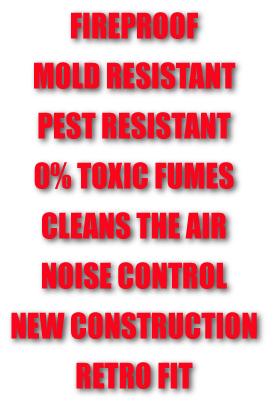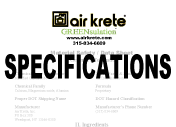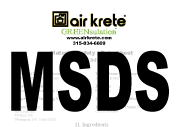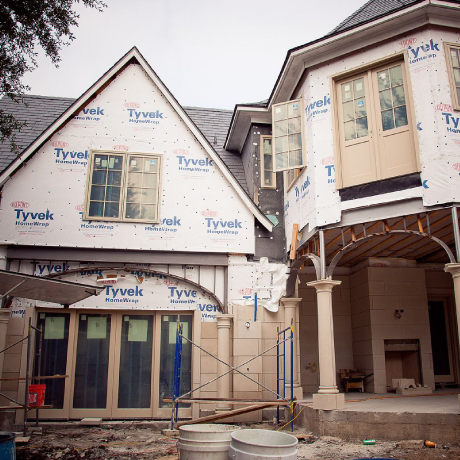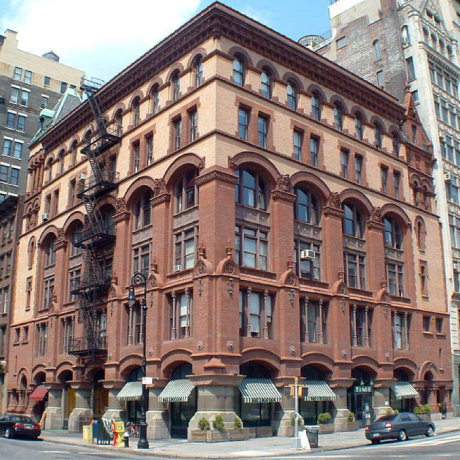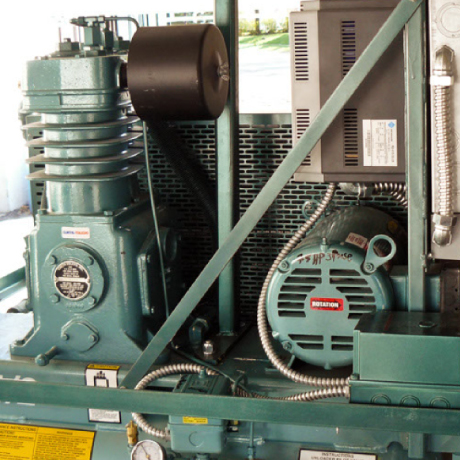Test And Approvals
- ASTM AIA List
- Fire Testing
- Sound Test
- Perm Test
- US State Approvals
- Case Studies
- Thermal - R Value
- Urea Formaldehyde Tests
- Air Quality
- Chemical Tests
- Shrinkage Tests
- UL Canada
AirKrete® has obtained approval
for use in every country, state and and local jurisdiction that acceptance has been requested. Hardwood Plywood Manufacturers Association Report on surface burning characteristics determined by ASTM-E 84 Twenty-five Foot Tunnel Furnace Test Method. The normal 10-minute test extended to 30 minutes with the following results:
Flame Spread Factor: 0 Fuel Contributed Factor: 0 Smoke Density Factor: 0
Dynatech The apparent thermal resistance determined by ASTM C 518 of a specimen of a cementitious foam insulation material density:
Based upon ASTM C518: 2.07 lbs. per cubic foot @ 24C (75F)
K factor = .257 per 1 inch thickness
R factor = 3.9 per 1 inch thickness
Twin City Testing Corporation Report of shrinkage test conducted according to ASTM: C951, Par. 8.5 results:
Shrinkage, Inches: 0.00
Percent Shrinkage: 0.00
Consumer Product Safety CommissionResult of sample analysis report on AirKrete®: Totals Formaldehyde: None detected Formaldehyde in air: Not detected Penniman & Brown, Inc. Chemists, Engineers, Inspectors - Baltimore, Maryland, Analytical Division Report of analysis sample of reacted foam insulation identified as AirKrete®, qualitatively checked for formaldehyde:
No evidence of formaldehyde found.
The Hardwood Plywood Manufacturers Association Report: on smoke density characteristics determined by NBS-Aminco Smoke Density Chamber. These test results demonstrate:
AirKrete® is non-toxic.
A Microbial Resistance Evaluation of Indoor Materials AirKrete® Insulation Sample Executive Summary / Project Description Air Quality Sciences, Inc. (AQS) is pleased to present the results of its microbial resistance evaluation of AirKrete’s® indoor material identified as “AirKrete® Insulation Sample”. AQS conducted this study using a microbial test protocol following the requirements of ASTM Guideline D 6329-98 (1). This ASTM method is to study indoor materials for their ability to support mold growth. Testing of the indoor material was conducted using static environmental chambers operating at 75% humidity (considered a *high normal” for indoor commercial spaces) and 95% humidity (considered an extreme moisture condition within buildings). AirKrete’s® indoor material was inoculated with two representative indoor molds, Stachybotrys Chartarum and Eurotium Amstelodami, and growth rates were measured over a three-week period as the materials were exposed in the two humidity environments. Mold growth is significant if it exceeds 20% of the initial baseline levels. Test methodology and results are in the attached summary reports. Results Results show that the “AirKrete® Insulation Sample” was
resistant to mold growth at both 75% and 95% relative humidity’s.
Neither mold types were found to amplify in the materials at either humidity

